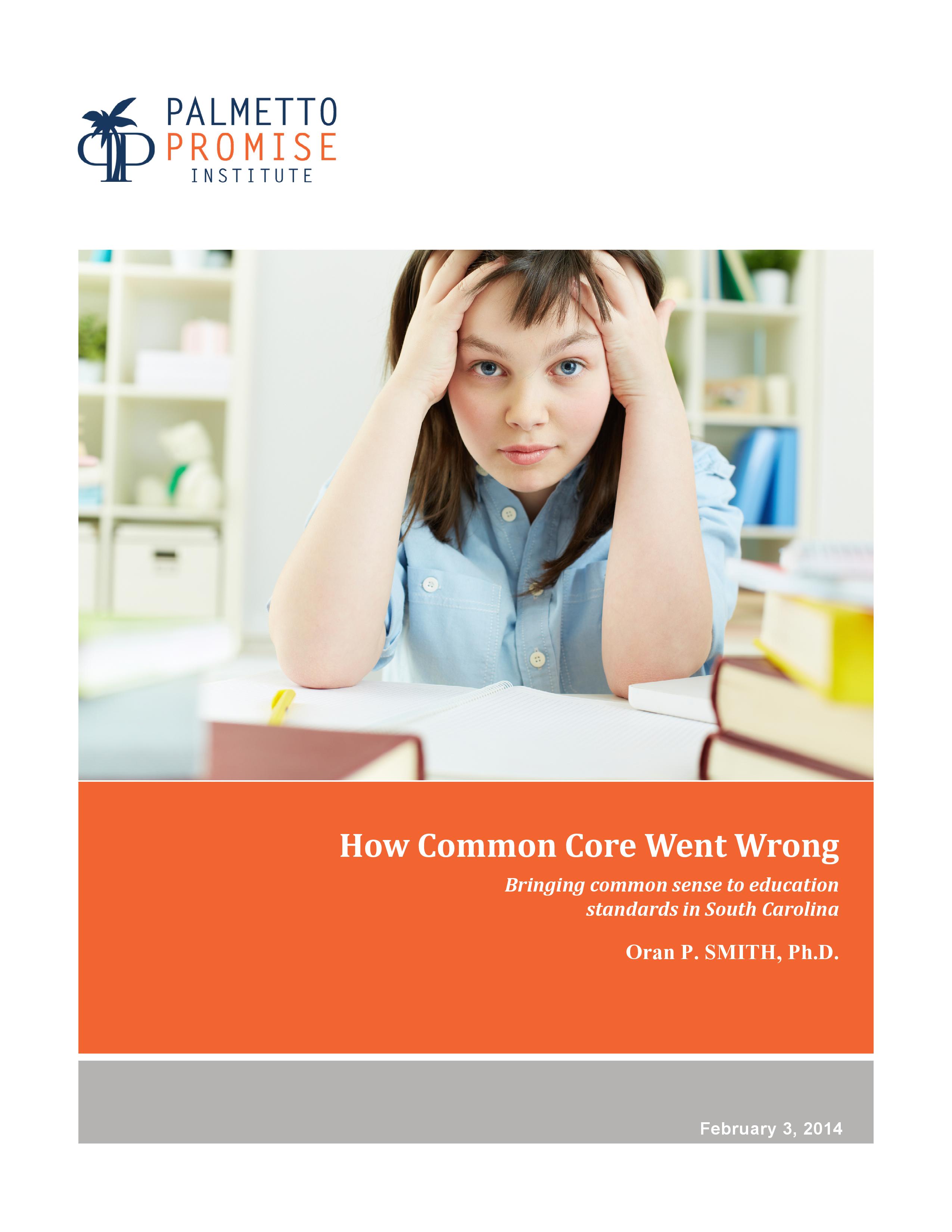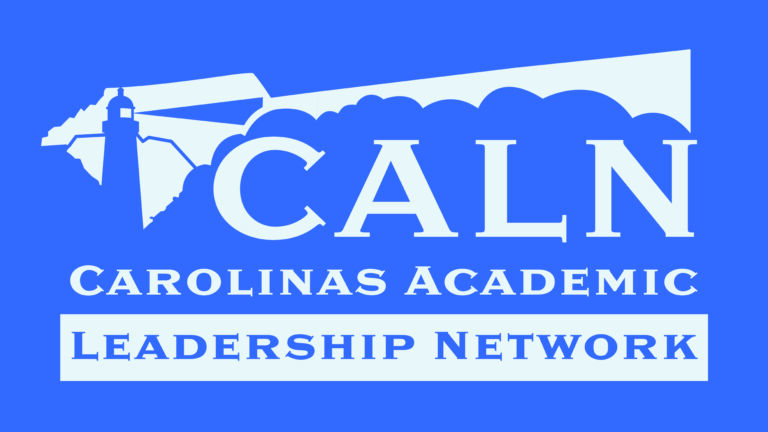How Common Core Went Wrong

Editor
EXECUTIVE SUMMARY
Bringing common sense to education standards in South Carolina
The advent of Common Core State Standards (CCSS) has ignited a firestorm among parents, educators and policy makers. This paper attempts to cut through the haze with a much needed common sense conservative analysis. In it, we provide a thumbnail history of educational standards in America, how CCSS went wrong, and what South Carolina can do to maintain control of our standards and promote the rigorous accountability our students need to equip them for success in school and in life. A number of the solutions we list below are expanded upon in the document text (specific pages are listed).
1. South Carolina should RESTRUCTURE state education governance to a democratic one so the persons who adopt state education standards are elected or appointed by Congressional District. South Carolina’s system, where State Board of Education members are elected from odd-sized judicial circuits is flawed. The history of the adoption of CCSS highlights this fundamental weakness in education governance in South Carolina [p.10].
2. South Carolina should REVISIT our commitment to the federally-funded SMARTER Balanced consortium and create a test option that gives the state more control. Whoever funds the criterion-referenced tests, ultimately controls the curriculum. This is the approach Utah, Oklahoma and others are taking [p.6,7].1
3. South Carolina should REVISE Common Core up to at least the allowed 15%. According to education scholar Willona Sloan, “To allow for some state-level customization, a provision in the voluntary adoption guidelines allows states to supplement the Common Core standards with state-specific standards, up to an additional 15 percent.”2 This should be undertaken immediately. The state should also consider dropping the Appendix B recommended resources (“exemplars”). Other states provide examples of how this can be done. [p.6]3
4. South Carolina should REJECT any future federal funding that temporarily or permanently commits the state to a particular standard, curriculum or testing [p.10].
5. South Carolina should affirmatively RESTRICT the sharing of any student personal data from the state to the federal government or to other states by statute. The Alabama Policy Institute summarizes the concern in this way: “…federal law prohibits the federal government from collecting data on students, but it does not prohibit the states from sharing data they have collected with the federal government.”4 ALEC, the American Legislative Exchange Council, and others have offered model legislation to address student data accessibility.[p.6-8].5
6. South Carolina should FREEZE future Common Core commitments to prevent quick adoption of other standards, like politically charged health or social studies standards.
This could be done by asserting legislative oversight. Of note, the Fordham Institute rates the new South Carolina Academic Standards & Performance Indicators for Science 2013 much higher than national Next Generation Science Standards [p.9].6
7. South Carolina should FACILITATE a conversation about what South Carolina parents want. Indiana also took the freeze and facilitate approach, requiring an extensive statewide conversation [p.6].
8. South Carolina should FUND the demands of the current Common Core aligned Math and English Language Arts standards only if funding represents a net savings over reversing course. This will require intense monitoring by the Superintendent, the Governor, and the legislature to insure that local control is restored [p.7, 8].







